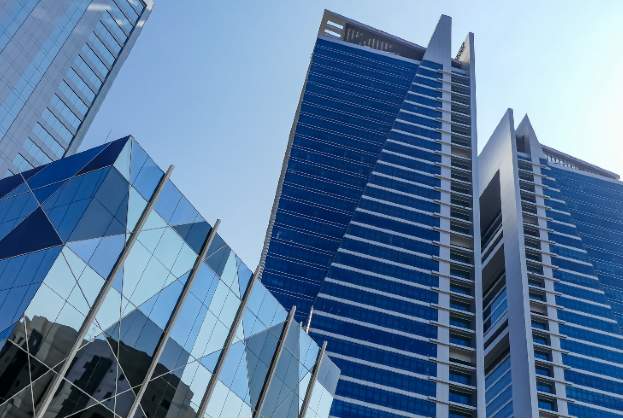The UAE in November announced amendments to its labour laws in light of flexible working practices implemented during the Covid-19 pandemic. They will go into effect on February 2, 2022 and will apply to different work categories including full-time, part-time, temporary and flexible work.
As part of these changes, private sector employees will have the option of temporary and flexible work, fewer working days with condensed hours, and shared jobs.
In the condensed work model, if an employee has to work 40 hours, they can choose to complete those hours over three days instead of spreading them over the full week. This is of course subject to the agreement of both parties in the contract.
The other models are working part-time roles where individuals will be able to work for one or more employers for a specific number of working hours or days, or the temporary model where they are employed only for a specific period or project.
Meanwhile, Dubai has also tried to improve its accessibility by introducing a five-year multiple-entry visa for employees of international companies based in the emirate. This should help simplify applications and entry processes, boost participation at events and conferences, and generally increase the average length of stay of visitors to the emirate.
These initiatives, among other recent changes, are part of the UAE’s efforts to create a flexible and competitive work environment that helps not only retain existing talent but also attract new talent from around the world. Particularly, the rules related to flexible working will resonate well with employees who have demonstrated an interest in adopting more hybrid work patterns since the onset of the pandemic.
To understand this trend better, Savills recently conducted the Office Fit survey to understand how perceptions around workplaces have changed, analysing responses from 100,000 owner and occupier clients and office workers across the EMEA region. While 87% of the respondents believed the office remains essential for successful business operations, they expressed a desire for more flexible and hybrid working arrangements, which would allow them to take on the range of work tasks from home or the office. For instance, close to 81% of the respondents felt that the office environment is best suited for group work / tasks and client meetings. However, reading documents (69%) and individual routine tasks (61%) were best completed at home, they said.
Design experts are in agreement too, as was revealed during our panel discussion on the Future of Work. Ben Corrigan, CEO and Founder, Bluehaus Group shared that even before the pandemic, experts had started to recommend changes to workplace design to accommodate flexible and hybrid working patterns to make the office “a destination, not an obligation”. Companies must work to create the modern office which can provide employees with different micro-environments to focus, engage and collaborate - all within the same space.
Stay tuned for the detailed findings of our Office Fit Survey to be released soon. You can read the key takeaways from our panel discussion on the Future of Work here.
-blog-photo-.png)


.jpg)



.jpg)
.jpg)

